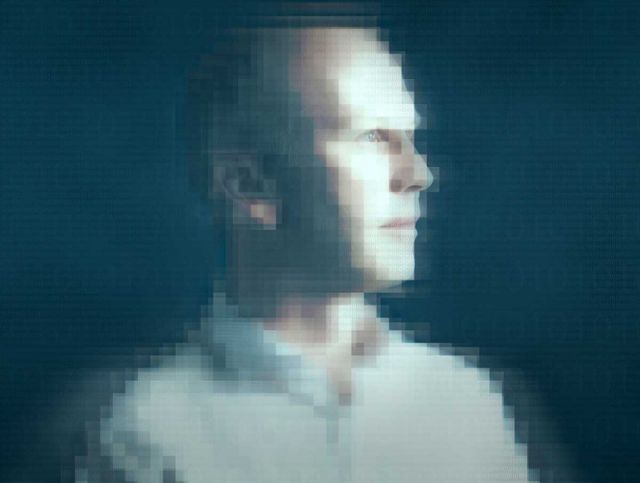Our Machines, Our Selves
A pair of public lectures kicked off the new Mellichamp Initiative in Mind & Machine Intelligence.

By Sonia Fernandez
We live in a time of convergence of human and machine. Our human experience is augmented by machine applications, from internet-enabled sensors to human-assistive robotics, while we imbue our machines with human qualities, including context-awareness, vision and artificial intelligence (AI).
As technology brings us and our computers into an ever more seamless existence, we seek to understand our place in the complex relationship between human and machine intelligence. Enter UC Santa Barbara’s new Mellichamp Academic Initiative in Mind & Machine Intelligence, a multi-year research effort made possible by a generous gift from Duncan and Suzanne Mellichamp.
The overarching goal of the initiative is to identify the strengths and capabilities of both human and machine intelligence, in order to use the best of one to augment and benefit the other.
“It seems only natural for our society to ask these deep questions about AI and the human mind, and also to think of bold, new questions,” said Miguel Eckstein, a professor in UC Santa Barbara’s Department of Psychological and Brain Sciences. “The fascination with the impact of intelligent machines on human life and society, with understanding the limits of artificial intelligence and with pinpointing what is unique about the human mind has been around for many years and has involved scientists, philosophers, futurists and science fiction writers. With every new leap in the development of AI, we seem to return to these questions.”
Joining Eckstein at the helm of this endeavor is UC Santa Barbara computer science professor William Wang, an expert in natural language processing (NLP) — a discipline of artificial intelligence that seeks to teach computers to understand and communicate using human language in text and verbal form. Rapid advances in the field have brought us closer to our computers than ever.